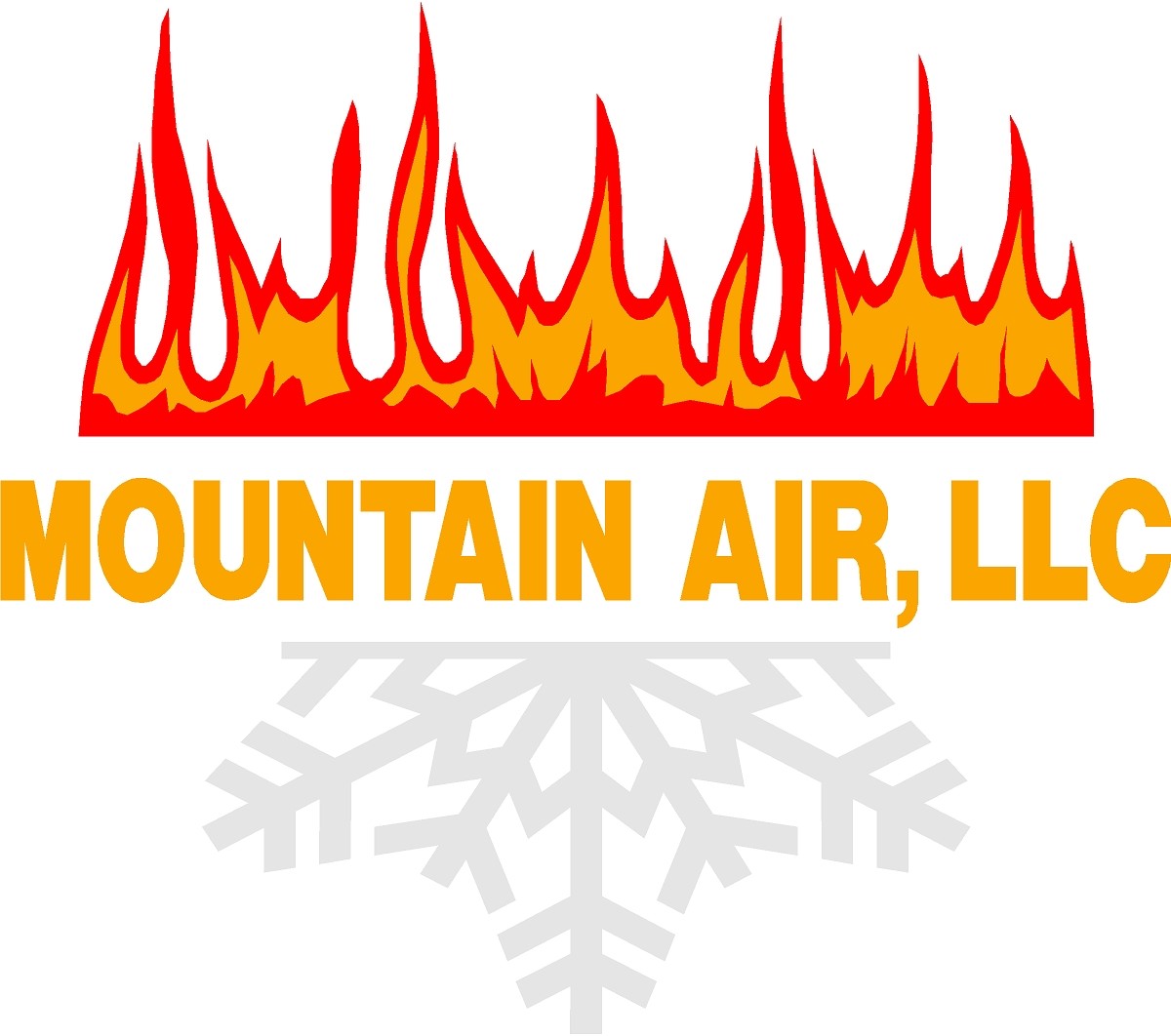
We spend a lot of time inside. In reality, the Environmental Protection Agency (EPA) has approximated being indoors makes up 90% of our schedule. Having said that, the EPA also has found your indoor air can be three to five times more polluted than outdoors.
That’s since our homes are firmly sealed to increase energy efficiency. While this is fantastic for your utility bills, it’s not so great if you’re amid the 40% of the population with respiratory allergies.
When outside ventilation is insufficient, pollutants like dust and volatile organic compounds (VOCs) can get captured. As a result, these pollutants can worsen your allergies.
You can boost your indoor air quality with crisp air and routine housework and vacuuming. But if you’re still struggling with symptoms during the time you’re at your residence, an air purifier might be able to provide assistance.
While it can’t get rid of pollutants that have settled on your furnishings or carpeting, it may help purify the air moving around your house.
And air purification has also been scientifically proven to help lower some allergic symptoms, according to the American College of Allergy, Asthma and Immunology. It might also be appropriate if you or someone in your household has a lung condition, including emphysema or COPD.
There are two kinds, a portable air purifier or a whole-home air purifier. We’ll examine the differences so you can figure out what’s appropriate for your residence.
Whole-House Air Purifier vs. Portable Air Purifiers
A portable air purifier is for a single room. A whole-house air purifier accompanies your home comfort unit to purify your complete residence. Some types can purify on their own when your heating and cooling system isn’t operating.
What’s the Best Air Purifier for Allergies?
Look for a purifier with a High Efficiency Particulate Air (HEPA) filter. HEPA filters are installed in hospitals and offer the most comprehensive filtration you can find, as they eliminate 99.97% of particles in the air.
HEPA filters are even more useful when combined with an ultraviolet (UV) germicidal light. This mighty mixture can destroy dust, dander, pollen and mold, all of which are standard allergens. For the ultimate in air purification, think over a unit that also has a carbon-based filter to reduce household vapors.
Avoid getting an air purifier that generates ozone, which is the top component in smog. The EPA cautions ozone could irritate respiratory issues, even when released at minor amounts.
The Allergy and Asthma Foundation of America has made a listing of questions to think over when buying an air purifier.
- What can this purifier take out from the air? What doesn’t it take out?
- What’s its clean air delivery rate? (A bigger amount means air will be purified more quickly.)
- How often does the filter or UV bulb need to be switched]? Can I complete that without help?
- How much do replacement filters or bulbs cost?
How to Lessen Seasonal Allergy Symptoms
Want to have the {top|most excellent|best] results from your new air purification system? The Mayo Clinic suggests completing other measures to decrease your exposure to things that can trigger seasonal allergies.
- Stay indoors and keep windows and doors shut when pollen counts are heightened.
- Have other family members cut the lawn or pull weeds, since these tasks can worsen symptoms. If you must do these chores yourself, you may want to consider using a pollen mask. You should also rinse off immediately and change your clothes once you’re finished.
- Avoid hanging laundry outside.
- Use air conditioning while at home or while driving. Consider using a high efficiency air filter in your house’s heating and cooling unit.
- Balance your residence’s humidity percentage with a whole-house dehumidifier.
- Hardwood, tile or linoleum are the best flooring materials for lowering indoor allergens. If your home has carpet, install a HEPA filter on your vacuum cleaner.
Let Our Professionals Handle Your Indoor Air Quality Requirements
Ready to progress with adding a whole-house air purifier? Give our specialists a call at 304-413-1287 or contact us online to schedule an appointment. We’ll help you locate the right system for your family and budget.
